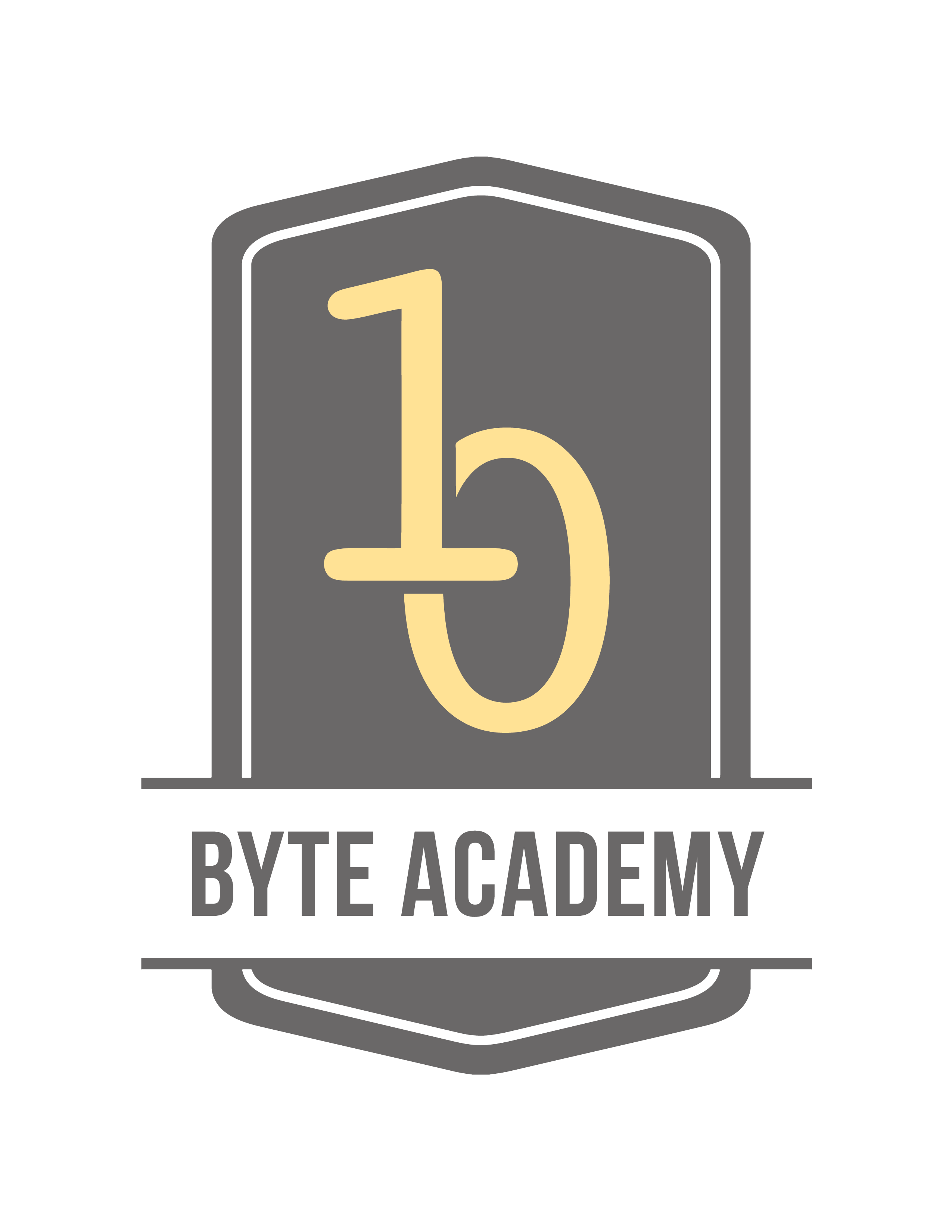Blockchain technology is commonly misconstrued as being applicable only for cryptocurrencies. As a secure, immutable ledger technology, blockchain can be applied to many use cases in several industries. The very nature of blockchain makes it a secure application for use in transfer of value or as storehouses of critical information. Because of its flexibility, the finance industry is already looking at other use cases for blockchain, one of them being online payments. The transparency and simplicity of blockchain makes it easy for anyone with an internet connection to transfer and receive funds without having to pay exorbitant amounts in banking fees.
Many industries are looking to incorporate blockchain to their IT strategies.Joe Lubin, co-founder of Ethereum explains why - “There won’t ever be a single powerful entity that controls the system or controls gatekeeping into the system the way blockchain does”. We can take a look at how some of the industries can leverage blockchain technology -
Real Estate
Blockchain based smart contracts can make the buying, selling and renting of property more transparent by directly connecting owners, buyers, landlords and tenants. Rentberry, Atlant and Beetoken use blockchain to remove third party dealers, fraudulent deposits and fake reviews from the equation.
Healthcare
Patient records are critical and confidential information that needs to be stored in a highly secure environment. With the help of blockchain, universal health records can be established by aggregating and placing a person’s health history onto a blockchain ledger, which can only be accessed by an authorised healthcare professional. Doc.AI is one of the frontrunners in the healthcare sector to secure patient data through blockchain technology to generate medical insights.
Finance & Insurance
The financial sector is exploring the different use cases of blockchain, and top banks like Barclays, JP Morgan Chase and Goldman Sachs are investigating the potential applications where blockchain can be used. One of the use cases is how ICOs are being used to crowdfund early stage projects in cryptocurrency by releasing their own tokens in exchange for Bitcoin..
Retail
Blockchain will help transform the supply chain into a more efficient process with the use of smart contracts. As transparency of raw material and fund sourcing can be recorded and locked and only used when a certain number of orders are reached, it will eliminate overestimation of demand and waste of resources. Provenance uses blockchain to offer a platform to retailers that makes the retailer’s products and supply chains more transparent and traceable.
Transport
Ride sharing apps can be better enhanced with the help of blockchain technology, where drivers and riders can pair with each other through a universally accepted blockchain authenticated id. Drivers can set their own rates, work on their own time and remove the middle man entirely. Drivers and riders can pair up according to their compatibility based on location, distance travelled and fee charged, there creating a more satisfying experience for the travellers. La’Zooz is using the blockchain distributed ledger technology to make the ride sharing concept even more decentralized. Rather than dealing with fixed prices for rides, the blockchain technology used by La’Zooz allows the community members to decide how to reward the riders and drivers using sophisticated protocols.
Pharma & Chemical
The immutable ledger system of blockchain can help build a secure and transparent supply chain ledger that can combat the $75 billion counterfeit medication market by tracking production and distribution. Recently, IBM partnered up with a Chinese supply chain management firm, Easysight Supply Chain Management, to introduce the Yijian Blockchain Technology Application System, a new platform based on the hyperledger fabric open source blockchain framework. This system plans to cover several pharma retailers, hospitals and banks to track the movement of drugs through supply chain and encrypt trading records to legitimize the authenticity of transactions.
Utilities & Energy
Use of blockchain and cryptocurrencies can help the government and the public reduce disputed energy transaction through secure online payments. Without the requirement of 3rd party validation the energy transactions can be stored in a transparent ledger and the payments processed quickly. The use of blockchain in the energy sector is already set in motion. In early 2016, in an experiment with a US based company in Brooklyn, New York, the owner of a solar panel sold energy to his neighbor through Ethereum smart contract. This happened on the Brooklyn microgrid managed by Lo3 Energy.
Education
Deploying blockchain solution in online education can create a centralized ledger of coursework and certifications. This will help make accredited MOOC certifications available to the developing nations and validating the hours put in by students and the mitigate any fraudulent claims of courses completed and unearned certifications. edChain is one company using blockchain in this area.
Agriculture
As blockchain technology grows more sophisticated in supply chain management, it can also be used in battling foodborne outbreaks in the agriculture industry. As every production, packaging and inspection of food items is tracked in an immutable ledger, an epidemic related a particular food item can be immediately checked. IBM is partnering with Walmart, Nestle, Dole, Tyson Foods, Kroger to use blockchain technology to track food throughout the complex, global supply chain in order to identify contaminated foods within minutes. This process would otherwise take days and can significantly reduce foodborne diseases.
With these many industries adopting blockchain for various uses, it is a great time to software developers to grab the opportunity of learning blockchain. With an academic certification in blockchain technology, and with a background in any of these industries, developers can make a real difference in how efficiently blockchain technology is being applied by the industry.
Liked what you read? Checkout Byte Academy's Software Development and Intro to Python courses.


